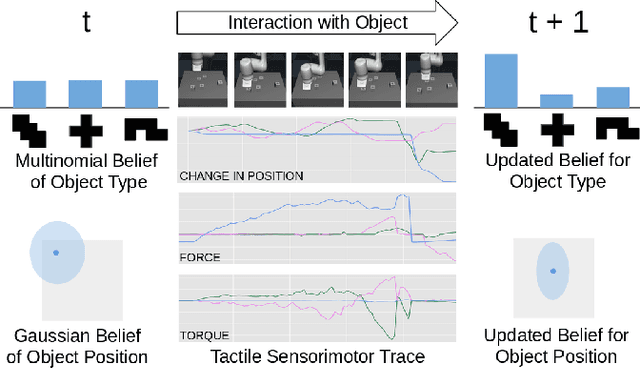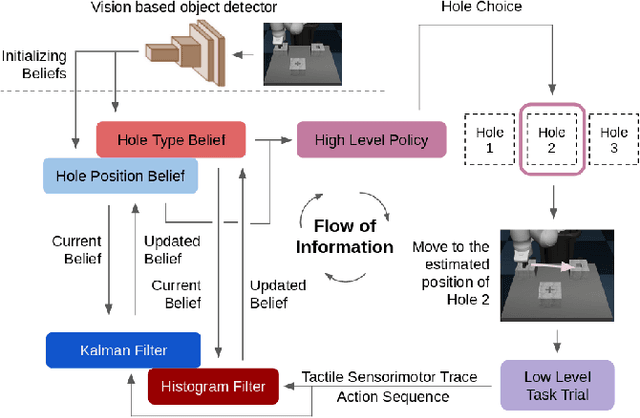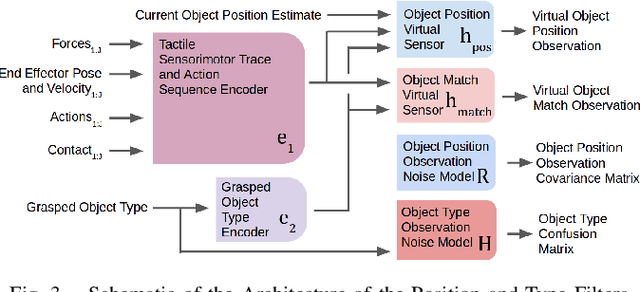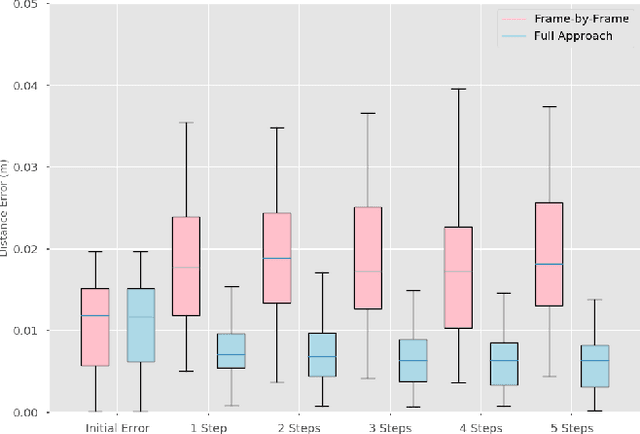Peter A. Zachares
Form follows Function: Text-to-Text Conditional Graph Generation based on Functional Requirements
Nov 01, 2023



Abstract:This work focuses on the novel problem setting of generating graphs conditioned on a description of the graph's functional requirements in a downstream task. We pose the problem as a text-to-text generation problem and focus on the approach of fine-tuning a pretrained large language model (LLM) to generate graphs. We propose an inductive bias which incorporates information about the structure of the graph into the LLM's generation process by incorporating message passing layers into an LLM's architecture. To evaluate our proposed method, we design a novel set of experiments using publicly available and widely studied molecule and knowledge graph data sets. Results suggest our proposed approach generates graphs which more closely meet the requested functional requirements, outperforming baselines developed on similar tasks by a statistically significant margin.
Interpreting Contact Interactions to Overcome Failure in Robot Assembly Tasks
Jan 07, 2021



Abstract:A key challenge towards the goal of multi-part assembly tasks is finding robust sensorimotor control methods in the presence of uncertainty. In contrast to previous works that rely on a priori knowledge on whether two parts match, we aim to learn this through physical interaction. We propose a hierachical approach that enables a robot to autonomously assemble parts while being uncertain about part types and positions. In particular, our probabilistic approach learns a set of differentiable filters that leverage the tactile sensorimotor trace from failed assembly attempts to update its belief about part position and type. This enables a robot to overcome assembly failure. We demonstrate the effectiveness of our approach on a set of object fitting tasks. The experimental results indicate that our proposed approach achieves higher precision in object position and type estimation, and accomplishes object fitting tasks faster than baselines.
 Add to Chrome
Add to Chrome Add to Firefox
Add to Firefox Add to Edge
Add to Edge